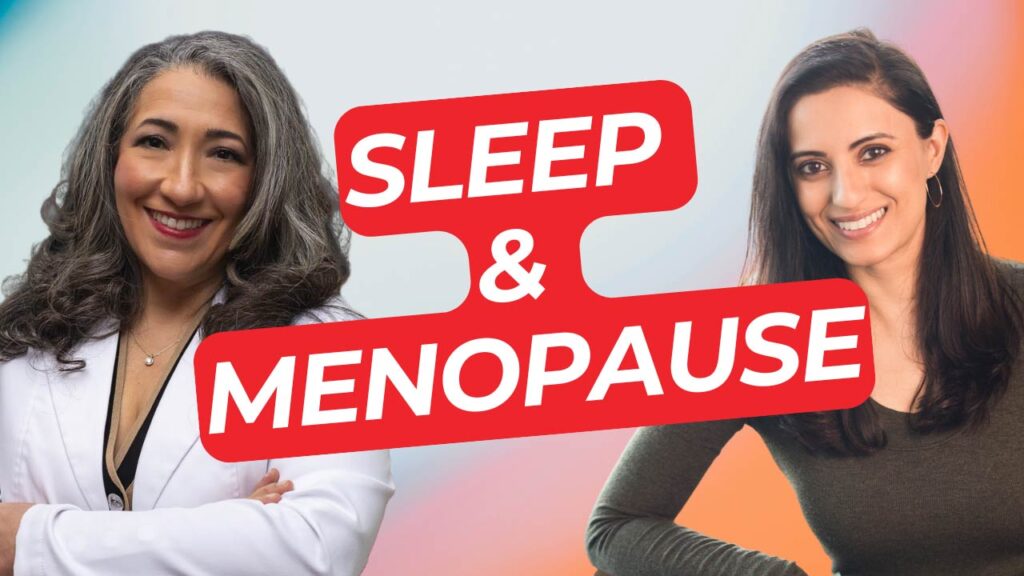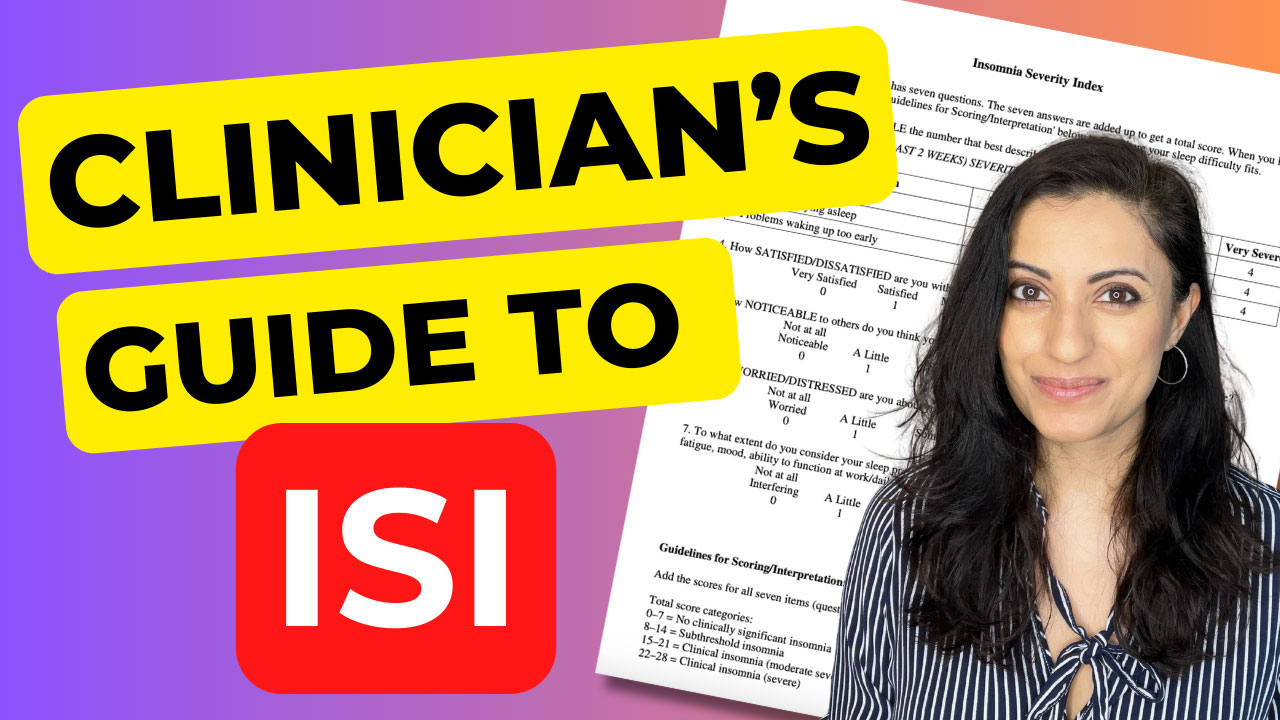Have you seen those videos on social media showing nostalgic clips from the ’80s and ’90s, like old Nintendo controllers, He-Man action figures, cartoon character lunchboxes with matching thermoses, and bustling malls?
(Btw – Orange Julius was my favorite at the mall foodcourt…I’ll share my homemade recipe sometime.)
Anyway, those videos always transport me back to simpler times.
If you’re old enough to remember those things, you might also be nostalgic for something else: the days when you could sleep straight through the night without interruption.
I know I am.
I used to be one of those kids who could sleep through the night like a rock.
But as I’ve aged, nighttime awakenings have become common and expected. And that’s true for a lot of midlife women.
Sleep disturbance affects up to 60% of women during the menopausal transition, and nighttime awakenings are the most common sleep complaint during perimenopause and menopause.
One study found that 30% of postmenopausal women report poor sleep quality (Pittsburgh Sleep Quality Index >5), compared to 14% of premenopausal women [Kim et al.].
The American Heart Association notes that sleep complaints, especially frequent awakenings, increase significantly during perimenopause, often in tandem with hot flashes, temperature swings, hormonal shifts, and psychosocial stressors.
As Dr. Andrea Matsumura MD says, “With the reduction of estrogen, you have a lot of middle of the night awakenings – that’s really because estrogen plays a role in calibrating your temperature, and when you lose that, sleep gets disrupted.”
If you’re seeing midlife women in your practice, you’re seeing sleep disruption.
To help you support these patients (or yourself), I sat down with Dr. Andrea Matsumura, “The Sleep Goddess,” for a deep dive into menopause, hormones, and sleep.
She shares practical, evidence-based strategies you can use right away.
In this episode, you’ll learn:
Why sleep fragmentation is often the first sign of perimenopause
- When to consider melatonin, HRT, and sleep aids
- How to screen for sleep apnea in women (and why home tests often miss it)
- Dr. Matsumura’s DREAM method for holistic sleep care
- What every clinician should ask about sleep (and the question that changed her practice)
- Why “Sleep is the CEO of health” and how to help your patients reclaim it
- And much more…
Quick clinical pearls to get you started:
‣ Don’t dismiss “I’ve always been a bad sleeper” as normal aging. Look under the hood to see what might be going on.
‣ Ask, “How many hours of sleep do you think you’re getting?” instead of “Are you sleeping well?”. It’s a subtle difference, but can reveal useful info.
‣ For women with midlife sleep issues, consider hormone therapy, but don’t forget about screening for other sleep disorders like sleep apnea.
‣ CBT-I is a powerful tool for menopause-related sleep disruption and can help with vasomotor symptoms like hot flashes.
If you’re ready to help your patients (and maybe yourself) get better sleep through menopause and beyond, don’t miss this conversation.
References:
1. Baker FC. Optimizing sleep across the menopausal transition. Climacteric. 2023
Jun;26(3):198-205. doi: 10.1080/13697137.2023.2173569. Epub 2023 Apr 3. PMID: 37011660; PMCID: PMC10416747.
2. Carmona NE, Solomon NL, Adams KE. Sleep disturbance and menopause. Curr Opin Obstet Gynecol. 2025 Apr 1;37(2):75-82. doi: 10.1097/GCO.0000000000001012. Epub 2025 Jan 17. PMID: 39820156.
3. Kim MJ, Yim G, Park HY. Vasomotor and physical menopausal symptoms are associated with sleep quality. PLoS One. 2018 Feb 20;13(2):e0192934. doi: 10.1371/journal.pone.0192934. PMID: 29462162; PMCID: PMC5819793.
4. Maki PM, Panay N, Simon JA. Sleep disturbance associated with the menopause. Menopause. 2024 Aug 1;31(8):724-733. doi: 10.1097/GME.0000000000002386. Epub 2024 Jun 25. PMID: 38916279.


